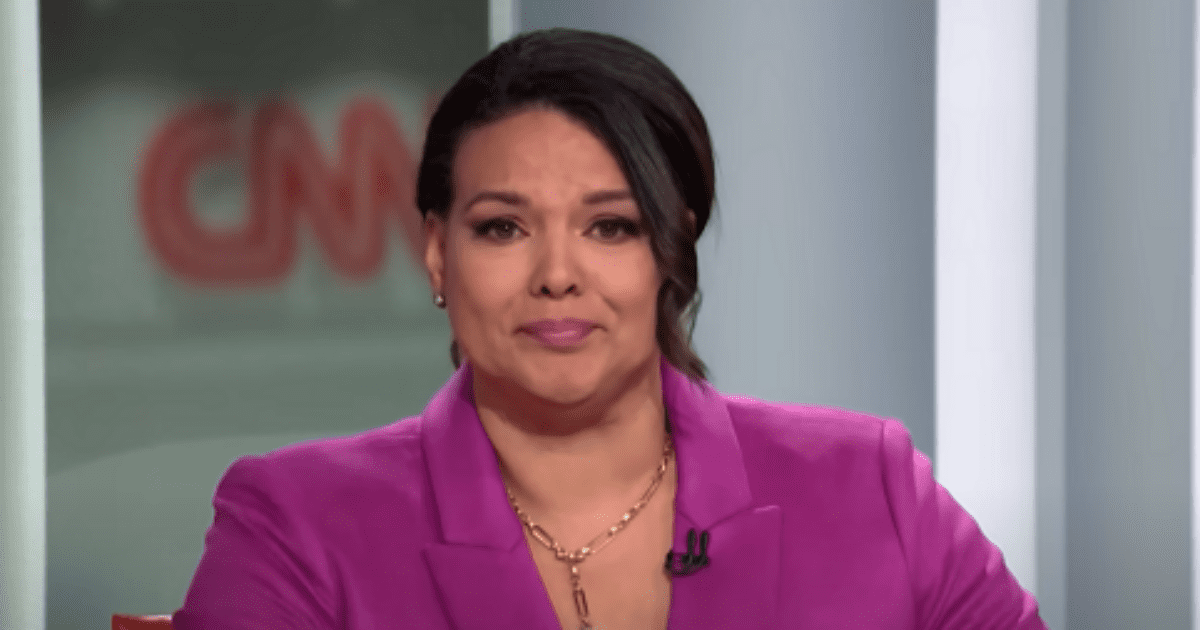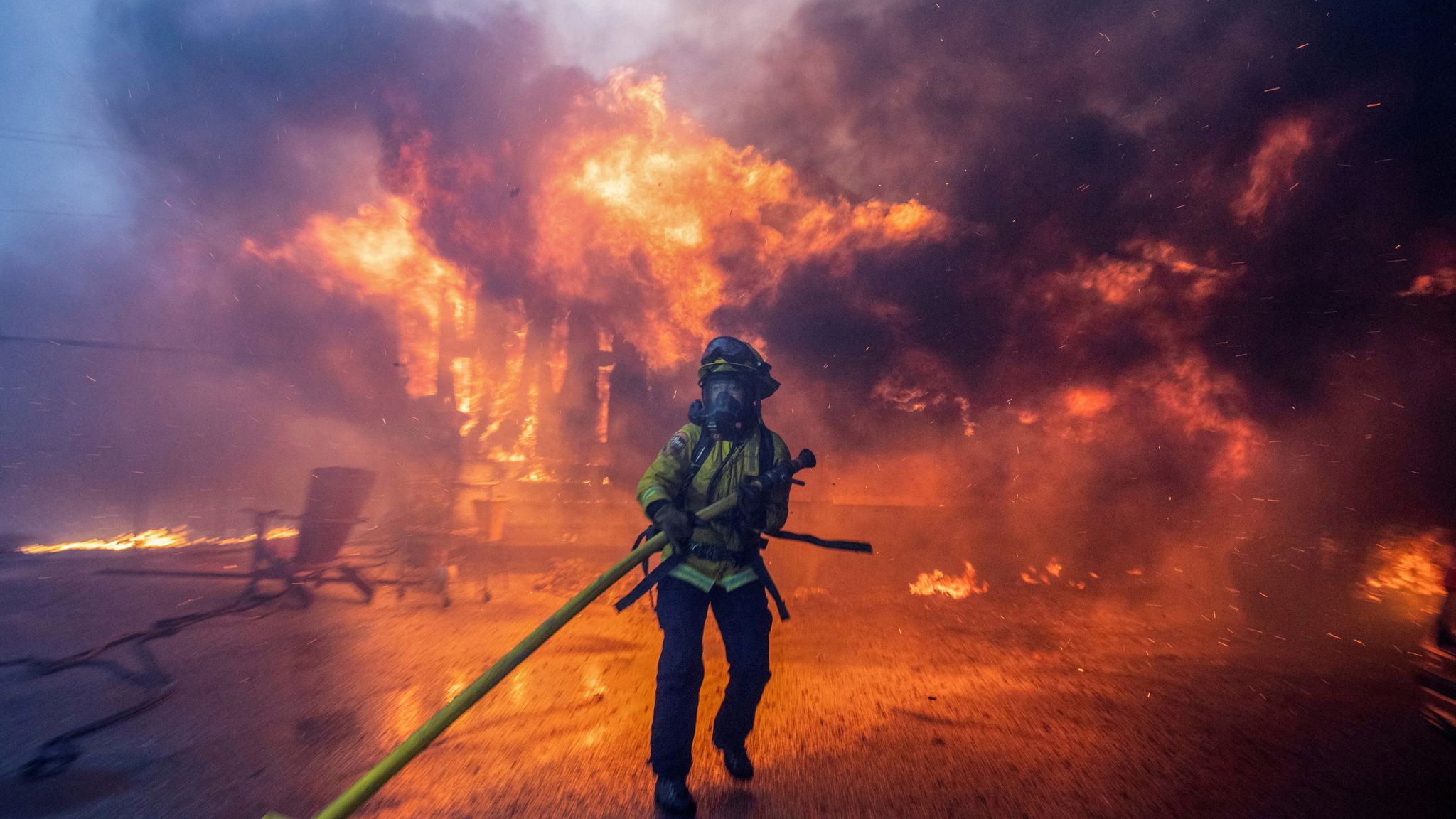The Richest Man Vs. America: A Battleground For Control

Table of Contents
The Economic Power of the Richest Man
The economic influence of the richest individuals in America is undeniable. Their wealth translates into significant control over industries, markets, and ultimately, the lives of millions.
Control over Industries and Markets
The wealthiest individuals often exert disproportionate influence over key industries, impacting job creation, wages, and consumer prices. This control is frequently achieved through monopolistic or oligopolistic practices, stifling competition and limiting consumer choice.
- Market manipulation: The ability to manipulate markets through strategic investments and acquisitions allows the richest to dictate prices and control supply.
- Lobbying for deregulation: Powerful lobbying efforts often lead to deregulation, weakening consumer protections and allowing for increased profit margins at the expense of workers and consumers.
- Suppressing competition: Anti-competitive practices, such as predatory pricing and mergers that reduce competition, further solidify the economic power of the richest. This can lead to job losses and higher prices for everyday goods and services.
Impact on Wealth Inequality
The economic dominance of the "Richest Man" significantly contributes to the widening gap between the wealthiest 1% and the remaining 99% of the American population. This wealth inequality has far-reaching consequences.
- Reduced social mobility: The concentration of wealth makes it increasingly difficult for individuals from lower socioeconomic backgrounds to improve their circumstances.
- Limited access to healthcare and education: Wealth inequality restricts access to quality healthcare, education, and other essential services, perpetuating cycles of poverty and disadvantage.
- Tax loopholes benefiting the wealthy: Complex tax codes often contain loopholes that disproportionately benefit the wealthy, allowing them to avoid paying their fair share of taxes. This further exacerbates wealth inequality and reduces resources available for public services. Inheritance laws also play a significant role in maintaining this disparity.
Political Influence of the Richest Man
The economic power of the "Richest Man" translates directly into significant political influence, shaping policy and impacting the lives of all Americans.
Campaign Finance and Lobbying
Massive campaign donations and sophisticated lobbying efforts play a crucial role in shaping political agendas. The influence extends beyond direct contributions.
- Super PACs and dark money: The use of Super PACs and "dark money" allows wealthy individuals and corporations to exert considerable influence on elections without full transparency.
- Access to politicians: The wealthy enjoy unparalleled access to politicians, enabling them to shape legislation and influence policy decisions in their favor.
- Shaping legislation: Lobbying efforts often result in the creation of laws and regulations that benefit the wealthy, while potentially harming the interests of the general public.
Control over Media Narratives
Ownership of major media outlets provides the "Richest Man" with the power to influence public discourse and shape political narratives.
- Media bias: The concentration of media ownership can lead to bias in news coverage, potentially shaping public opinion and influencing election outcomes.
- Shaping public opinion: The ability to control the narrative allows the wealthiest to frame debates, influence public perception, and push their agenda.
- Controlling the flow of information: By controlling access to information, the richest can manipulate public understanding of critical issues and limit dissenting voices.
Public Backlash and Resistance
Growing public awareness of wealth inequality and the undue influence of the "Richest Man" has spurred significant resistance.
Growing Public Awareness
Increased awareness of the issues surrounding wealth inequality and the concentration of power is leading to increased public engagement.
- Social media campaigns: Social media has become a powerful tool for mobilizing public opinion and raising awareness about wealth inequality.
- Protests and activism: Protests and grassroots activism are playing a crucial role in challenging the existing power structures and demanding change.
- Political movements advocating for wealth redistribution: The rise of populist movements and political parties advocating for wealth redistribution reflects the growing public dissatisfaction with the current system.
Potential for Regulatory Reform
The public backlash is creating pressure for regulatory reform aimed at curbing the influence of the ultra-wealthy.
- Tax reform proposals: Proposals for increased tax rates on the wealthy, closing tax loopholes, and implementing wealth taxes are gaining traction.
- Campaign finance reform: Reforms to campaign finance laws are essential to limit the influence of large donations and increase transparency.
- Antitrust legislation: Stronger antitrust measures are needed to prevent monopolies and oligopolies from stifling competition and harming consumers.
Conclusion
The battle between the "Richest Man" and America is a complex and multifaceted struggle with far-reaching implications. The concentration of economic and political power in the hands of a few raises serious concerns about the future of democracy and economic fairness. Understanding the dynamics of this power struggle is crucial for engaging in meaningful dialogue and advocating for necessary reforms.
Call to Action: Learn more about the issues surrounding wealth inequality and the influence of the ultra-wealthy on American society. Join the conversation and become an active participant in shaping a more just and equitable future. Let's fight for a fairer America where the power isn't concentrated in the hands of just a few – let's challenge the "Richest Man" narrative and build a better future for all.

Featured Posts
-
 A Cnn Anchor Reveals His Beloved Florida Location
Apr 26, 2025
A Cnn Anchor Reveals His Beloved Florida Location
Apr 26, 2025 -
 Fox News Faces Defamation Lawsuit From Ray Epps Over Jan 6th Coverage
Apr 26, 2025
Fox News Faces Defamation Lawsuit From Ray Epps Over Jan 6th Coverage
Apr 26, 2025 -
 Navigating The Chinese Market The Struggles Of Bmw Porsche And Other Automakers
Apr 26, 2025
Navigating The Chinese Market The Struggles Of Bmw Porsche And Other Automakers
Apr 26, 2025 -
 Trumps Tariffs Ceos Highlight Economic Risks And Consumer Anxiety
Apr 26, 2025
Trumps Tariffs Ceos Highlight Economic Risks And Consumer Anxiety
Apr 26, 2025 -
 Los Angeles Wildfires And The Gambling Industry A Concerning Connection
Apr 26, 2025
Los Angeles Wildfires And The Gambling Industry A Concerning Connection
Apr 26, 2025
